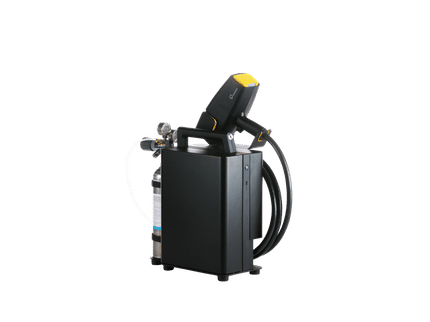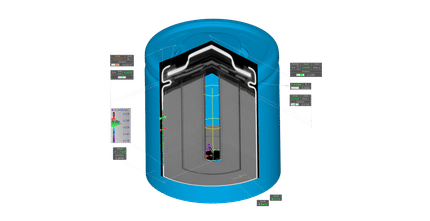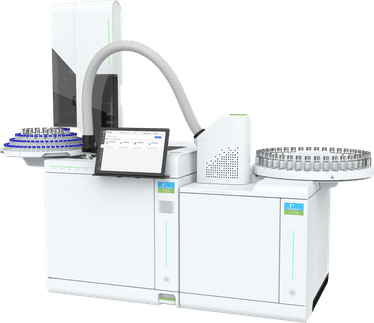To use all functions of this page, please activate cookies in your browser.
my.chemeurope.com
With an accout for my.chemeurope.com you can always see everything at a glance – and you can configure your own website and individual newsletter.
- My watch list
- My saved searches
- My saved topics
- My newsletter
John PopleSir John Anthony Pople, FRS, (October 31, 1925 – March 15, 2004) was a theoretical chemist. Born in Burnham on Sea, Somerset, England, he attended Bristol Grammar School. He moved to the United States of America in the early 1960s, where he lived the rest of his life, though he retained British citizenship. He received his B. A. (in 1946) and doctorate (in 1951) degrees in mathematics, from Cambridge University in the United Kingdom. His thesis was, however, on a topic that would generally be considered chemistry: the bonding structures of water. Pople considered himself more of a mathematician than a chemist, but theoretical chemists consider him one of the most important of their number. Product highlightHis first major contribution was a theory of approximate molecular orbital (MO) calculations on pi electron systems in 1953, identical to the one developed by Rudolph Pariser and Robert G. Parr in the same year, and now called the Pariser-Parr-Pople method. Subsequently, he developed the methods of Complete Neglect of Differential Overlap (CNDO) (in 1965) and Intermediate Neglect of Differential Overlap (INDO) for approximate MO calculations on three-dimensional molecules, and other developments in computational chemistry. He pioneered the development of more sophisticated computational methods, called ab initio quantum chemistry methods, that use basis sets of either Slater type orbitals or Gaussian orbitals to model the wave function. While in the early days these calculations were extremely expensive to perform, the advent of high speed microprocessors has made them much more feasible today. He was instrumental in the development of one of the most widely used computational chemistry packages, the "GAUSSIAN"(tm) suite of programs, including coauthorship of the first version, Gaussian 70.[1] In 1986 he moved from Carnegie Mellon University in Pittsburgh, Pennsylvania, where his earlier accomplishments were made, to Northwestern University in Evanston, Illinois. He received the Nobel Prize in Chemistry in 1998. He was made a fellow of the Royal Society in 1961. He was knighted in 2003. He was a founding member of the International Academy of Quantum Molecular Science. Trivia
Categories: British chemists | Nobel laureates in Chemistry | Physical chemists |
||||||
| This article is licensed under the GNU Free Documentation License. It uses material from the Wikipedia article "John_Pople". A list of authors is available in Wikipedia. |







